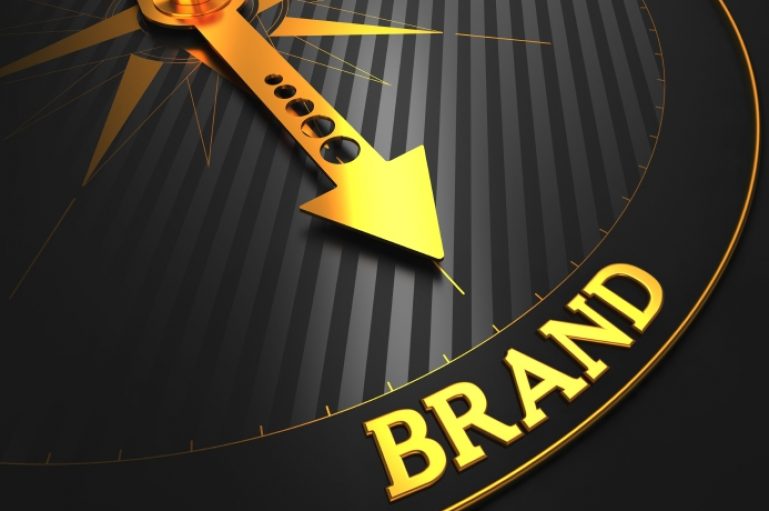Brand reputation and corresponding trust are critical for the ongoing growth and sustainable development of a company. Ram Charan, author of What the CEO wants you to know, noted: “Without customer’s trust, the rest doesn’t matter”. In fact, Hank Paulson, U.S. Secretary of the Treasury, emphasised the need for growing trust in his statement: “Our assets are our people, our capital and our reputation. And if any of those are diminished, the last one is the hardest one to regain”. Brand trust (reputation) is the result of consistent and reliable behaviour, product integrity, great customer service and keeping promises made to all stakeholders.
From personal experience as I travel around Africa, I am so aware of my own brand preferences. When thirsty, there are specific brands of soft drinks that I will choose based on their consistency and quality. I always attempt to stay in a well-known hotel chain because I know what service and product to expect – as opposed to another hotel chain that offers inconsistent levels of service and “unnecessary” pricing fluctuations. I am also very aware of what I won’t accept and will even warn people against – there is a company in Africa that has the word “trust” in the company name, but you can’t rely on their senior management, you feel that they lure people with competitions without presenting the complete picture to clients and sense that you are going to be “ripped-off”. The trustworthiness (or lack thereof) of a brand certainly influences the behaviour and loyalty of current or potential customers.
Every year, Reputation Institute surveys 60 000 consumers in 29 countries to find out which company is the most respected in the world. Recent winners include LEGO, IKEA and Barilla Pasta. At the same time, from the Harvard Management Update, Bain & Co., in a survey of 362 companies, found that 80% of these businesses believed they deliver a superior customer service, but only 8% of customers believed the same thing. There seems to be a chasm between management paradigms and customer paradigms amongst these companies.
There are at least four important questions that need to be answered decisively by a company if it is to build a trustworthy brand, viz.:
- Does our brand have honour? In other words, do we have a reputation for honesty? Do we admit and repair our errors? Is there integrity in our dealings with our staff, suppliers and clients?
- Does our brand offer good will? Do our clients perceive genuineness in the way that we attempt to care for them? Are we quick to assist them and find solutions for them? Are we attempting to meet their needs?
- Does our brand exhibit characteristics of competence? Do people talk about the quality of our products and services? Are our employees well trained and do they deal with clients professionally?
- Does our brand produce good results? Are we known for delivering on our promises? Do we have good reputation? Are our clients recommending us to others?
Building a trustworthy brand is essential for company sustainability and growth. Counterfeit care, a lack of transparency, failure to deliver results and a denial of responsibility all break down the credibility of the company’s brand. Jack Welch, former CEO of General Electric, noted: “Trust happens when leaders are transparent, candid and keep their word”. Not only do employees need to experience this trustworthiness, but also suppliers and customers – only then will a company’s brand be deemed to be trustworthy.










